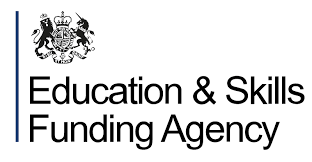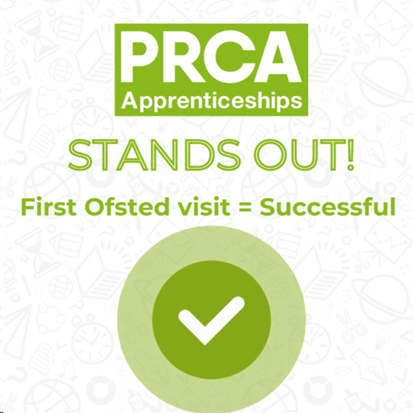We want to invite future communicators and bright sparks who are looking for a university-alternative, practical job opportunities within the industry.
How does the apprenticeship work?
- Ultimately, apprentices will work towards the PR & Communications Assistant Standard, with a PRCA qualification.
- The PRCA can post your vacancy and run a thorough recruitment process, sending you a shortlist of candidates to interview.
- Once selected and hired, the apprentice is a full-time employee.
- Alternatively, we can enrol an existing employee onto the programme.
- They must spend at least one day per week on apprenticeship work, which can be done from the office.
- A PRCA Coach guides them through the programme, holding regular reviews with the apprentice and manager.
- Assessment is competency-based – the apprentice’s daily work should provide the evidence for the qualification criteria.
- Apprentices' work-based learning is supported by PRCA-accredited webinars and virtual classroom training courses.
What is the PR & Communications Assistant Standard?
- Apprenticeship standards show what an apprentice will be doing and the skills required of them, by job role.
- Standards are developed by groups known as ‘trailblazers’.
- Trailblazers are a group of employers who work together to design new apprenticeship standards for occupations within their sectors.
- Unlike Frameworks, the new Apprenticeship Standards will also include assessment and grading of behaviours through an end-point-assessment.
- Employers can take a more active role in the content of apprenticeships and should benefit from apprentices who are trained more directly for a role within their organisation.
- A copy of the PR & Communications Assistant Standard can be found in the employer resources, and more information can be found here.
How long is the Apprenticeship?
- 19 months - 14 on training and 5 on assessment.
- Apprentices are hired full-time on a contract that lasts at least 19 months, although the apprentice can complete the programme sooner.
- Apprentices must work between 30-40 hours per week. Time spent training is included. Part-time apprenticeships can be agreed at a minimum of 16 hours per week; this increases the total duration of the apprenticeship.
What benefits are there to my business?
- Apprentices bring a fresh approach and a positive attitude into the workplace, increasing staff morale.
- Apprenticeships increase staff loyalty and retention.
- The average apprentice increases business productivity by £214 per week.
- Apprenticeships can boost brand image, attracting both new customers and future high-quality staff.
- A more diverse workforce – apprenticeships invite candidates from a large range of backgrounds.
- A reduced staff turnover
What happens at the end of the Apprenticeship?
- 80% of PR Apprentices stay on with their employer after completing the apprenticeship.
- Where this is not possible, the PRCA will support the apprentice in finding a new role.
- The employer is under no obligation to keep the apprentice in employment after the apprenticeship has been completed.
- Successful apprentices will have a nationally recognised qualification, be part-PRCA qualified, and have at least 17 months of PR and communications work experience.
 |
 |
